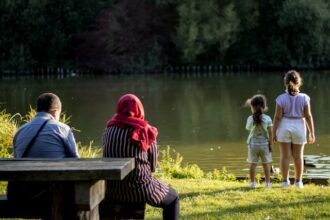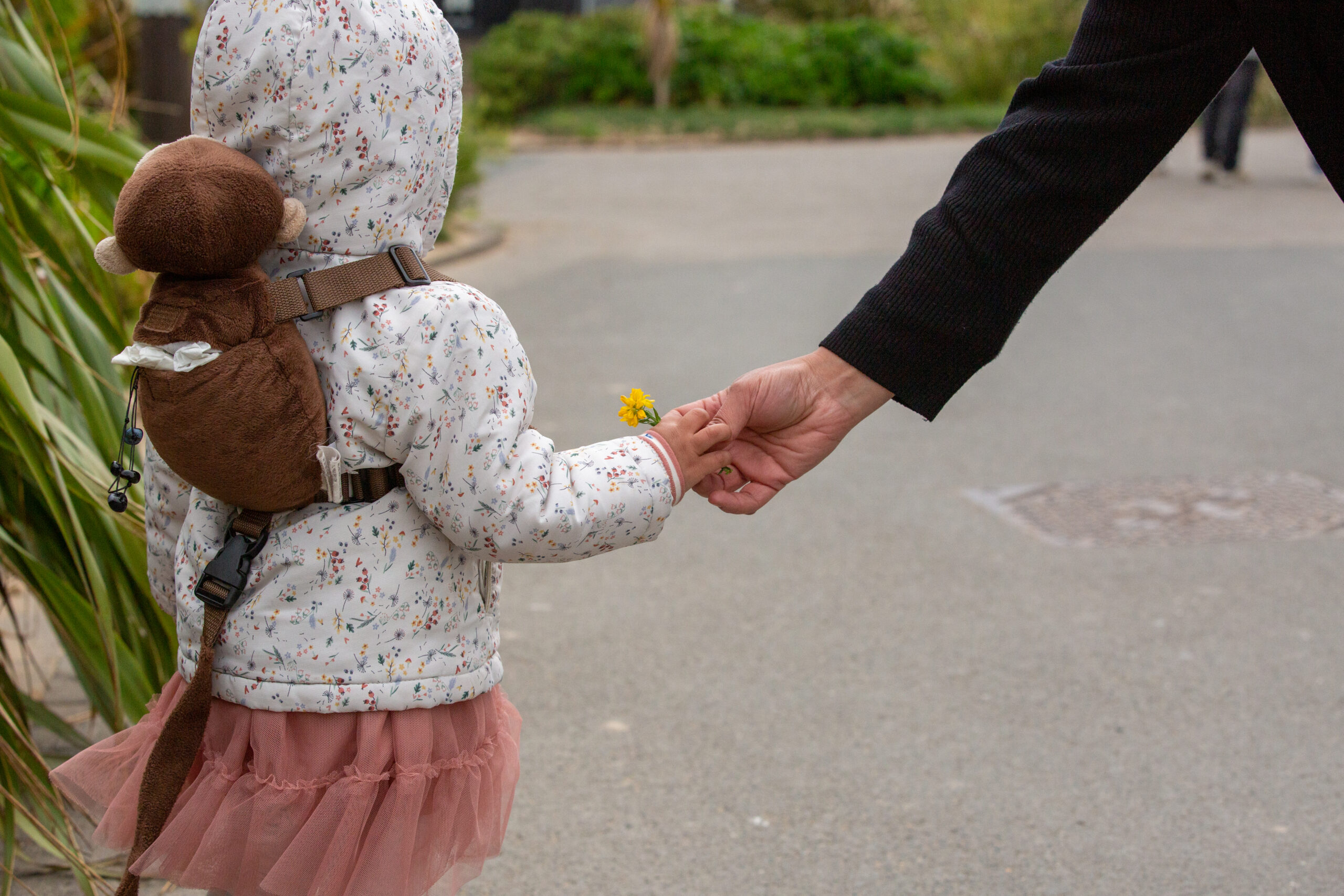Community Sponsorship groups come in all shapes and sizes. Our advice draws on how other groups have worked and provides you with ideas for organising your own group.
When you begin planning, it’s really important to spend time thinking about how your group will operate. You may find that you have a large number of people involved in your community sponsorship overall, but that you have a core group of members who are fulfilling specific roles based on their skills, availability and expertise.
Who is involved?
When you are thinking about becoming a community sponsor, you may discover that you are already part of a group – be it a faith group, a business or a community group – which can provide the foundation for your sponsorship group. Alternatively, you may find that you need to form a group from scratch. This might mean that you need to establish new links and connections in your local community to seek out like-minded people who also wish to provide practical assistance to refugees.
Although groups have organised themselves in different ways, all sponsorship groups need to name a Lead Sponsor as part of the application process.
A Lead Sponsor is the person with overall responsibility for your community sponsorship and is authorised to sign the sponsor agreement prior to a family arriving. If you are partnering with another charity, your Lead Sponsor will need to be a named representative of that organisation.
Setting up your group
- You’ll need to give your group a name – creating a clear identity for yourselves will help you with fundraising, raising awareness and bringing your group together.
- If you are creating a group, start spreading the word about what you hope to do. Ask your local resident or parish associations whether you can present your ideas at their meetings, or contact your local newsletters, social media groups and local media to see if they will mention your sponsorship group. Some groups have found it helpful to host a public meeting to let their community know what they are planning and to invite them to get involved. The more people you reach out to, the better: in your local community there are so many skills, experiences and connections on which you and your neighbours can draw to help a resettled family.
- Make it easy for people to get involved; be clear on what you are looking for and what commitments you need from them. Think about the time of day you need them to be involved and how regular their commitment will need to be in order to be useful – no-one wants to waste time so do be clear if you do not need help.
Organise your Group
Some groups have a core group of volunteers who participate in key parts of the application process and in key resettlement activities. The core group meets and communicates regularly with the wider group who get involved as and when needed. Other groups operate on a larger scale with much of their communication taking place via email and phone. You’ll know the best way for your group to operate.
Community Sponsorship Groups have shared with us some tips on how they have organised themselves:
During the application process
- Conduct regular face-to-face or phone meetings whilst putting the application together to keep momentum going and your work on track.
- Set up a file sharing service (e.g. Google docs, Microsoft 365 etc) to share important information and keep track of how the process is going.
- Share group emails (remember to use the bcc field in your emails, or ask your group members in advance if they are happy to share their email address with others).
- Don’t be nervous about your group members disagreeing when discussing what you can offer through your resettlement plan – it’s perfectly natural.
- You will be exploring what you as a group can deliver to a resettled family. Agreeing your guiding principles at the outset may assist your group in these discussions. Community Sponsorship is designed to empower resettled families to independence. Striving to achieve this as a group will assist this process whilst avoiding the family becoming over-reliant on the group.
After Arrival
- You may find that fewer people are involved in the immediate period following arrival and that this decreases further throughout the period of sponsorship. Ensure you listen to and reflect on what the resettled family require as they work towards independence.
- Consistency is crucial – if you as a group have decided that you will, for example, only answer essential requests from the resettled family after 9pm at night, everyone must stick to this. This will make it easier for the resettled family to navigate the support you can offer.
- To establish clear and consistent boundaries it is best to agree how your group will operate in advance of the family arriving. This way you can start out on the right footing. Make sure you check out our resources on defining boundaries.
- Some groups provide support on a rota basis to the resettled family, others have a mobile phone that is passed around group members who provide support. You should discuss how you will provide this support in your resettlement plan. Do keep in mind that the family who is resettled in your community may not wish to have this level of support.
- Think about what kind of relationship you want to establish with the family. For example, would it be appropriate for group members to invite the family to their house for meals, or to use their own money to buy things for the family? If some members of the group do this and not others, how might this affect the way the family interact with your group?
If you are partnering with another charity or organisation who are acting as your Lead Sponsor, it’s essential that you check with them whether they would like you to manage your group in a specific way.





